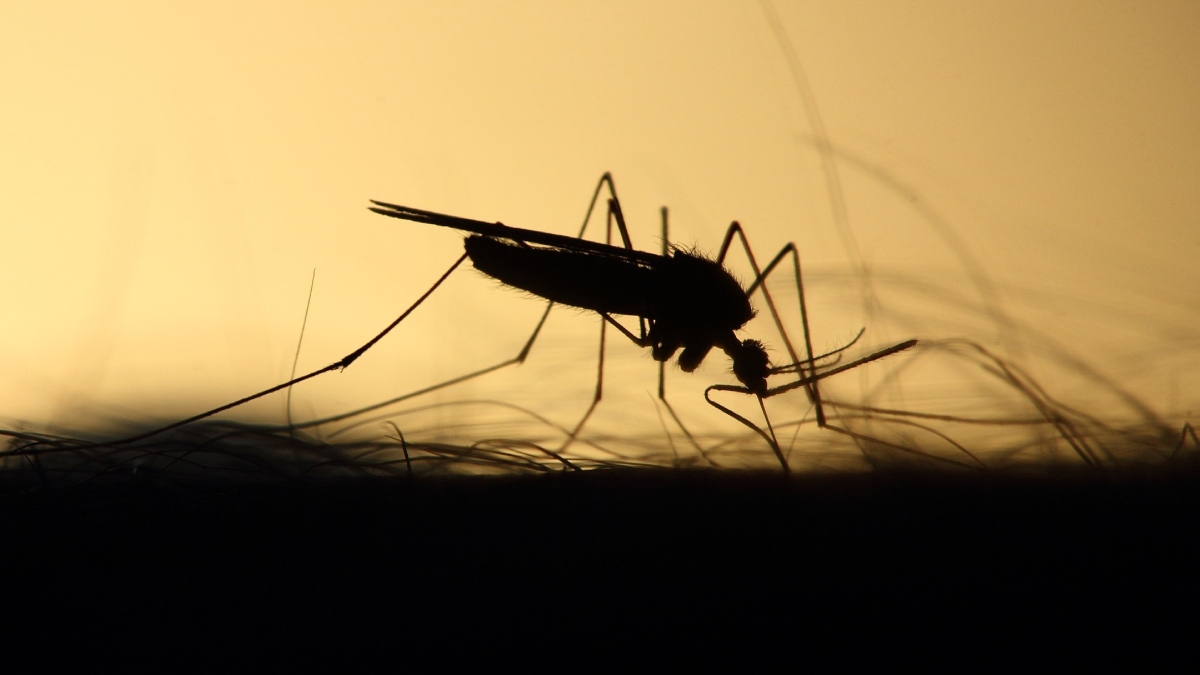A resident of Hampstead, New Hampshire, has died after contracting the rare mosquito-borne eastern equine encephalitis (EEE) virus, state health officials confirmed on Tuesday. According to an AFP report, the adult patient was hospitalized with a severe central nervous system disease and later died from the illness, according to the New Hampshire Department of Health and Human Services (DHHS).
This marks the first human case of EEE in New Hampshire since 2014, when three cases were reported, two of which were fatal. The recent death has raised concerns among state officials in New England about the increasing risk of EEE, a trend that is believed to be worsened by climate change.
In response to the rising threat, Massachusetts also reported its first human case of EEE this year, involving a man in his 80s. Authorities have urged the public to follow outdoor curfews, avoid parks, and adhere to aerial and ground spraying efforts aimed at reducing the mosquito population.
The Centers for Disease Control and Prevention (CDC) warns that symptoms of EEE include fever, headache, vomiting, seizures, and severe neurological conditions such as encephalitis and meningitis. The virus has a high mortality rate, with approximately 30% of those infected dying from the disease. Survivors often face long-term physical or mental health challenges, particularly those under 15 and over 50, who are at a higher risk.
There are currently no vaccines or specific treatments for EEE. Health officials recommend preventive measures such as using insect repellent, wearing protective clothing, and eliminating standing water to prevent mosquito breeding around homes.
A report by Climate Central in 2023 noted an increase in “mosquito days”—conditions favorable for mosquito activity—across much of the United States, attributed to human-caused climate change.





